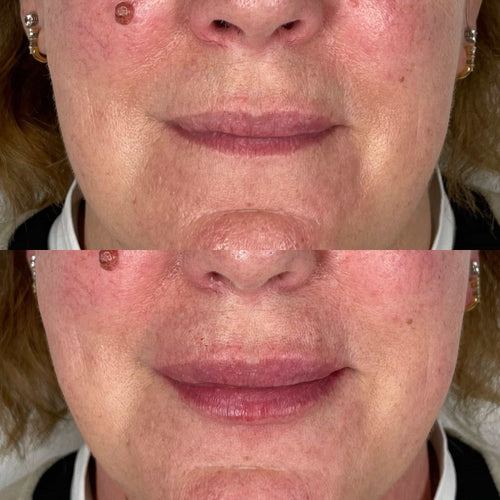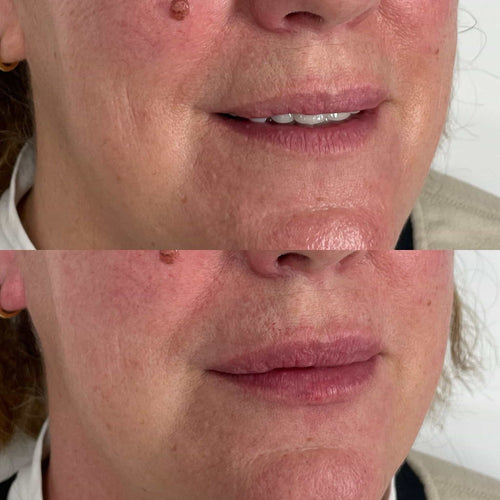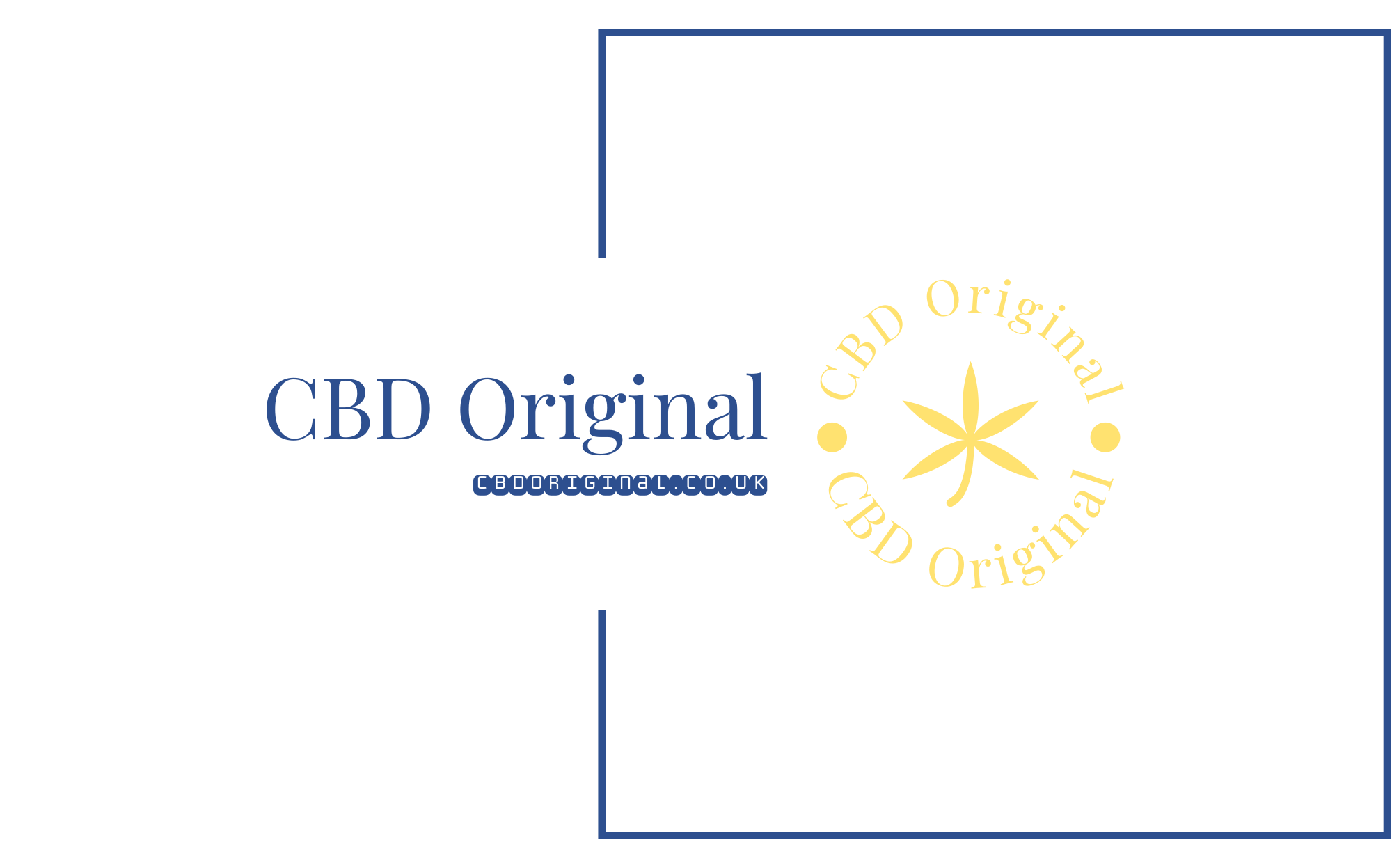Understanding Demigender Identity Demisexuality isn’t simply a fleeting phase or trend; it represents a genuine aspect of gender diversity. Understanding…
Arrange Your Dermal Filler Consultation with Dr. Laura Geige at It’s Me and You Clinic
## The Science Behind It
Alcohol consumption, particularly in large quantities, can negatively impact your body’s overall healing processes. When you drink alcohol, your body focuses its energy on processing the alcohol instead of repairing tissues.
Lip fillers are made of hyaluronic acid, a naturally occurring substance that attracts and retains moisture, plumping up the lips. After injection, the treated area needs time to integrate the filler and minimize swelling.
Alcohol can interfere with this healing process in several ways:
* **Dehydration:** Alcohol is a diuretic, meaning it increases urine production and can lead to dehydration. Hyaluronic acid relies on water to maintain its volume, so dehydration can cause fillers to settle unevenly or appear less plump.
* **Blood Thinning:** Alcohol consumption can thin the blood, increasing the risk of bruising and swelling at the injection site. This can delay healing and make it more difficult for the filler to distribute evenly.

Furthermore, alcohol can suppress your immune system, making you more susceptible to infections. Any infection in the area where fillers were injected could lead to complications and require medical intervention.
To ensure optimal results and minimize risks associated with lip fillers, it’s generally recommended to avoid alcohol consumption for at least 24-48 hours before and after your procedure.
Listen to your doctor’s specific instructions, as they may have additional recommendations based on your individual health history and the type of filler used.
Inflammation and Swelling
Impact on Blood Circulation
## Alcohol’s Dehydrating Effects
Alcohol consumption can significantly impact blood circulation, leading to a cascade of effects that may be particularly concerning when combined with procedures like lip filler injections.
One primary mechanism by which alcohol disrupts blood flow is its dehydrating effect on the body. When you drink alcohol, your kidneys work harder to filter and eliminate it from your system. This process often leads to increased urine production, causing dehydration.
Dehydration reduces the volume of blood in circulation. This makes the heart work harder to pump blood throughout the body, potentially increasing blood pressure. Furthermore, dehydrated blood is thicker, making it more difficult for it to flow freely through vessels, particularly smaller capillaries.
Impaired blood circulation directly affects the healing process. Lip fillers typically involve injecting hyaluronic acid gel into the lips, which stimulates collagen production and plumps the area. Adequate blood flow is essential for delivering nutrients and oxygen to the injected site, facilitating tissue repair and reducing the risk of complications.
Alcohol’s impact on blood vessels can further exacerbate this issue. It acts as a vasodilator, meaning it widens blood vessels. While this might seem beneficial initially, prolonged dilation can lead to weakened and more fragile vessels, potentially increasing the risk of bruising, swelling, or bleeding at the injection site.
In summary, alcohol’s dehydrating effects create a chain reaction that negatively impacts blood circulation, hindering the healing process and potentially increasing the risks associated with lip filler procedures.
How Alcohol Impacts Hyaluronic Acid

Consult with Dr. Laura Geige for Dermal Fillers at It’s Me and You Clinic
### The Role of Hydration in Filler Longevity
Alcohol consumption can impact the effectiveness and longevity of dermal fillers like hyaluronic acid, which are commonly used to enhance lip volume.
Hyaluronic acid (HA) is a natural substance found in our bodies that helps keep skin hydrated and plump. Dermal fillers utilize synthetic HA molecules to add volume and smooth wrinkles.
Here’s how alcohol consumption can affect hyaluronic acid fillers:
* **Dehydration:** Alcohol is a diuretic, meaning it increases urine production. This can lead to dehydration, which can reduce the effectiveness of hyaluronic acid fillers by making them appear less plump and more noticeable.
* **Inflammation:** Alcohol consumption can trigger inflammation in the body. Inflammation can affect the delicate tissues around injection sites, potentially leading to swelling, bruising, and even hindering the filler’s ability to integrate properly.
* **Impaired Healing:** Alcohol can interfere with the body’s natural healing processes. After a filler treatment, adequate healing is crucial for optimal results. Alcohol consumption may delay this process, increasing the risk of complications or affecting the longevity of the filler.
**The Importance of Hydration:**
Staying well-hydrated is essential for maximizing the benefits and longevity of hyaluronic acid fillers. Water helps keep the HA molecules plump and hydrated within the skin, ensuring a smoother and more natural-looking result.
**Recommendations:**
To minimize the negative impact of alcohol on your fillers, it’s generally recommended to avoid alcohol consumption for at least 24-48 hours before and after your treatment. Maintaining good hydration habits throughout is also crucial.
Remember, consulting with a qualified aesthetic professional is essential to discuss your individual needs and any potential concerns about alcohol consumption in relation to your dermal filler treatments.
## Minimizing Risks
Alcohol consumption can negatively impact hyaluronic acid (HA), a naturally occurring substance in your skin that plays a crucial role in maintaining hydration and plumpness.
Hyaluronic acid acts like a sponge, attracting and retaining water molecules, giving the skin its elasticity and volume.
Alcohol’s dehydrating effects can deplete the body’s stores of HA, leading to reduced skin hydration, dryness, and potential breakdown of existing HA fillers.
Here’s a deeper look at how alcohol impacts hyaluronic acid:
**Dehydration:** Alcohol is a diuretic, meaning it increases urine production. This can lead to dehydration, which directly affects the body’s ability to retain water, including within the skin, potentially compromising HA function.
**Inflammation:** Excessive alcohol consumption can contribute to inflammation throughout the body, including in the skin. Inflammation can disrupt HA synthesis and breakdown existing HA molecules, leading to reduced effectiveness of dermal fillers.
**Blood Flow Restriction:** Alcohol can constrict blood vessels, reducing blood flow to the skin. This can hinder nutrient delivery and waste removal, impacting skin health and potentially affecting HA production.
**Liver Function:** The liver plays a role in synthesizing certain proteins essential for HA production. Alcohol abuse can impair liver function, potentially affecting the body’s ability to create enough HA naturally.
Minimizing Risks
If you’re considering lip fillers or any cosmetic procedure involving hyaluronic acid, it’s advisable to minimize alcohol consumption, especially in the weeks leading up to and following the treatment.
This allows your body to optimize HA production and hydration, supporting the longevity and effectiveness of the fillers.
Maintaining good hydration by drinking plenty of water is also crucial for supporting skin health and hyaluronic acid function.
Secure Your Dermal Filler Appointment with Dr. Laura Geige
Timing Your Consumption Wisely
Staying Hydrated
Josie Barrett One One Three Online Audrey’s JL Dr. Nerina Muses Kindra Mann
